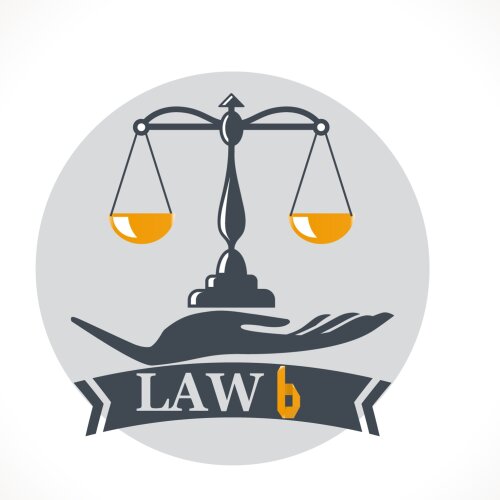Best Brokerage Lawyers in Islamabad
Share your needs with us, get contacted by law firms.
Free. Takes 2 min.
Free Guide to Hiring a Real Estate Lawyer
List of the best lawyers in Islamabad, Pakistan
About Brokerage Law in Islamabad, Pakistan
The brokerage laws in Islamabad, Pakistan revolve around the activities of financial intermediaries, including stock brokers, real estate brokers, and insurance brokers. These laws exist to regulate how brokers conduct business, including rules regarding transactions, commission rates, contractual agreements, and customer rights. These norms are enforced by the Securities and Exchange Commission of Pakistan (SECP) for stock brokers, and other regulatory bodies for different types of brokers.
Why You May Need a Lawyer
Legal assistance may be required in a variety of circumstances relating to brokerage. This could include disputes regarding transactions, commission rates, or breach of contract by either party. Lawyers can also be useful for providing advice on legal rights and responsibilities under the brokerage laws, as well as helping you navigate through the technicalities of any brokerage agreement you might be party to. Furthermore, issues such as fraud, misrepresentation or misconduct by the broker would definitely warrant legal intervention.
Local Laws Overview
The Securities and Exchange Ordinance of 1969 serves as a primary legislation governing stock brokerage in Islamabad. The SECP Regulations require brokers to abide by the rules of fairness, transparency, and best interest of the clients. Real estate and insurance brokers have separate regulatory standards they must comply with. The Islamabad Capital Territory (ICT) Regulations for Real Estate Agents provide guidelines for real estate brokers, while insurance brokers are covered under the Insurance Ordinance of 2000 and subsequent rules.
Frequently Asked Questions
What is a brokerage agreement?
A brokerage agreement is a contract between a broker and a client outlining the terms and conditions of their working relationship, including the broker's commission rates and other specific details relating to their brokerage services.
What can I do if I believe my broker has acted unethically?
If you believe your broker has acted unethically or against your best interest, you should first lodge a complaint with the appropriate regulatory body. If necessary, you may consider seeking legal assistance to explore possible legal remedies.
What is a broker’s fiduciary duty?
Broker's fiduciary duty refers to a legal requirement that a broker act in the best interests of their client. This includes a duty to avoid scams, maintain confidentiality, and offer complete transparency in transactions.
Do I need a lawyer to file a complaint against my broker?
While it's not necessary to have a lawyer to file a complaint, having legal advice can help ensure that you fully understand your rights and have properly represented your case.
How are brokerage rates determined?
Brokerage rates are typically specified in the brokerage agreement. Rates can be set according to industry standards or negotiated between the broker and client.
Additional Resources
For more information about brokerage laws, consider visiting the websites of relevant regulatory bodies. The Securities and Exchange Commission of Pakistan and the Insurance Regulatory Authority of Pakistan are two regulatory bodies that oversee different types of brokers.
Next Steps
If you require legal assistance related to brokerage, start by searching for a lawyer with expertise in this field. This professional should understand the nuanced regulations surrounding brokerage in Pakistan. Moreover, if dispute arises, a good lawyer can represent your best interests effectively, both during negotiations and in court, if litigation becomes necessary.
Lawzana helps you find the best lawyers and law firms in Islamabad through a curated and pre-screened list of qualified legal professionals. Our platform offers rankings and detailed profiles of attorneys and law firms, allowing you to compare based on practice areas, including Brokerage, experience, and client feedback.
Each profile includes a description of the firm's areas of practice, client reviews, team members and partners, year of establishment, spoken languages, office locations, contact information, social media presence, and any published articles or resources. Most firms on our platform speak English and are experienced in both local and international legal matters.
Get a quote from top-rated law firms in Islamabad, Pakistan — quickly, securely, and without unnecessary hassle.
Disclaimer:
The information provided on this page is for general informational purposes only and does not constitute legal advice. While we strive to ensure the accuracy and relevance of the content, legal information may change over time, and interpretations of the law can vary. You should always consult with a qualified legal professional for advice specific to your situation.
We disclaim all liability for actions taken or not taken based on the content of this page. If you believe any information is incorrect or outdated, please contact us, and we will review and update it where appropriate.

















